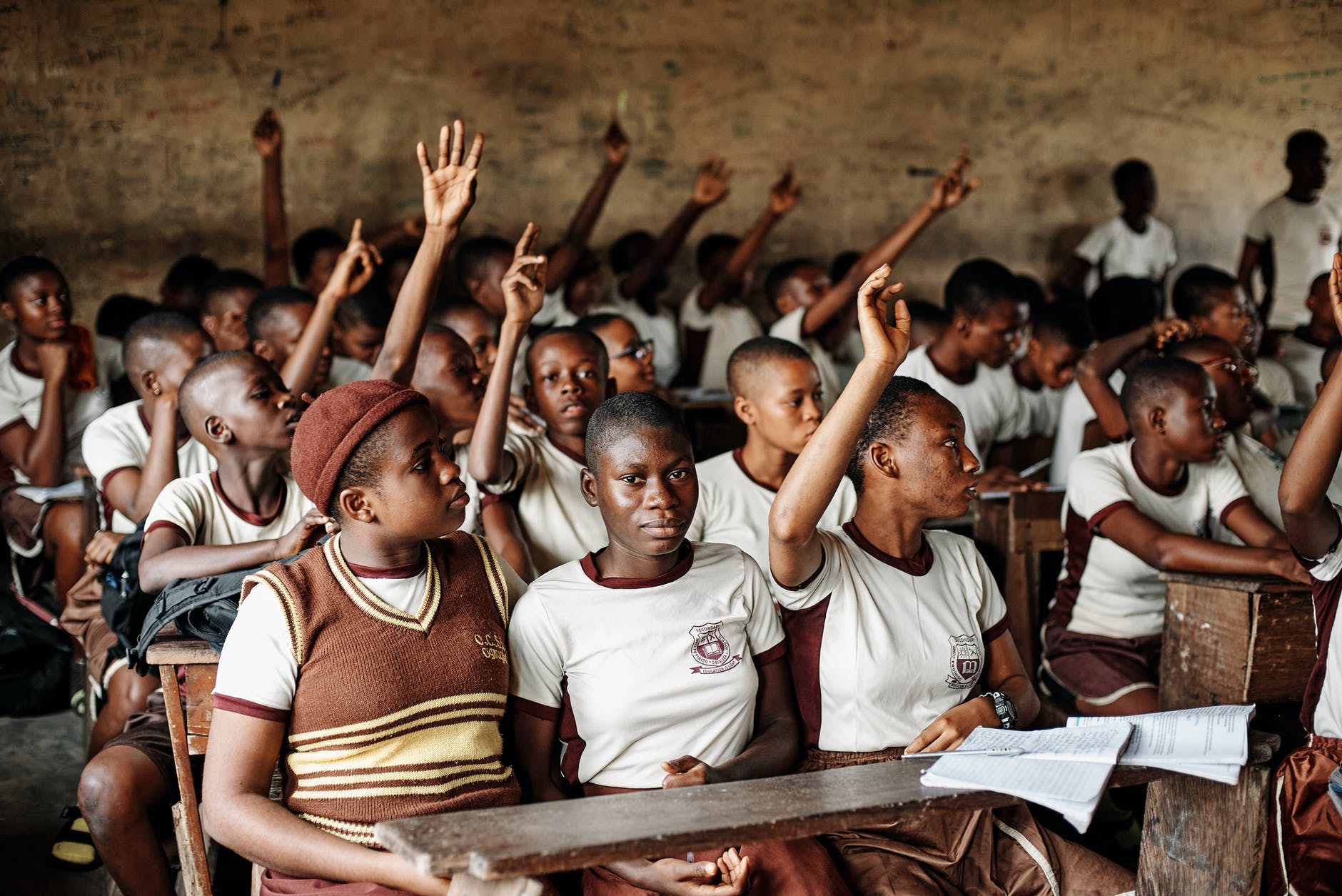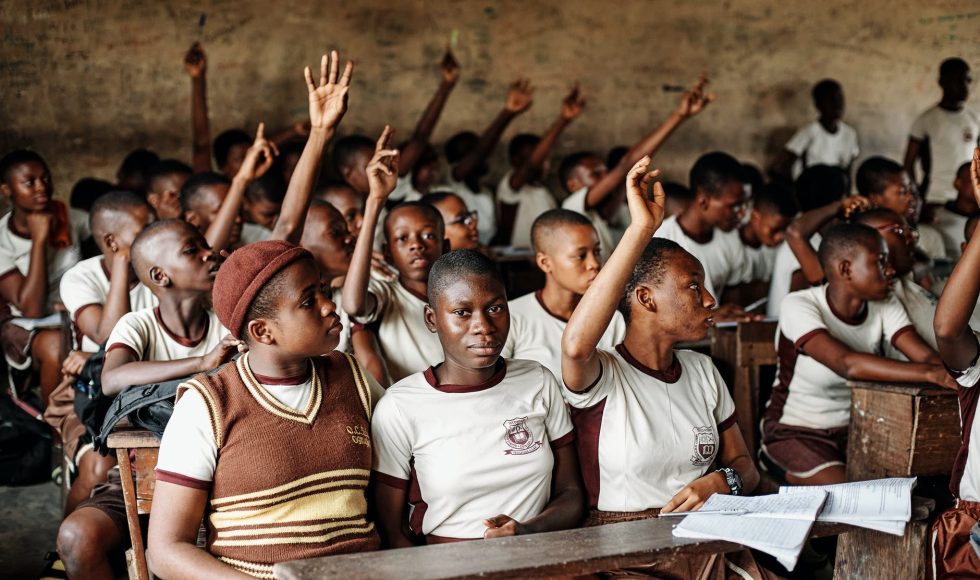Adenike D. Omoike, Senior Librarian at the Kenneth Dike Library at the University of Ibadan presented at Open Ed 2021 on “Open Pedagogy and Practices for Sustainable Education in Nigeria.” They defined pedagogy as the processes and practices of classroom instruction that is aimed at communicating the contents of courses and subjects to students citing Ejeka 2021. Open pedagogy, Omoike mentioned, implies the use of open educational resources in teaching and learning and engaging in eight specific attributes of open pedagogy:
- participatory technology
- people, openness and trust
- innovation and creativity
- sharing ideas and resources
- connected community
- learner-generated
- reflective practice
- peer review
Omoike spoke about the need for open pedagogy in Nigeria because it currently is “so minimal.” Omoike examined open pedagogy practices for sustainable education in Nigeria by reviewing relevant literature. The concept of open pedagogy and practices includes technology and student-centeredness. Citing Cronin 2017, read by our RIOS group, Omoike defined open educational practices as “a broad descriptor.” The sustainability of education in Nigeria will require systematic change. Omoike explored the use of open pedagogy. Some of the challenges that Omoike mentioned were inadequate information technology tools, poor instructional infrastructure, poor institutional facilities, lack of power supply, lack of funds, and lack of institutional support… no time was one challenge that was explored. They concluded by highlighting the needs and challenges. I believe this is the third or fourth talk from Nigeria. The difficulties of keeping several stakeholders happy and informing the public with limited funds were stressed throughout the session.



